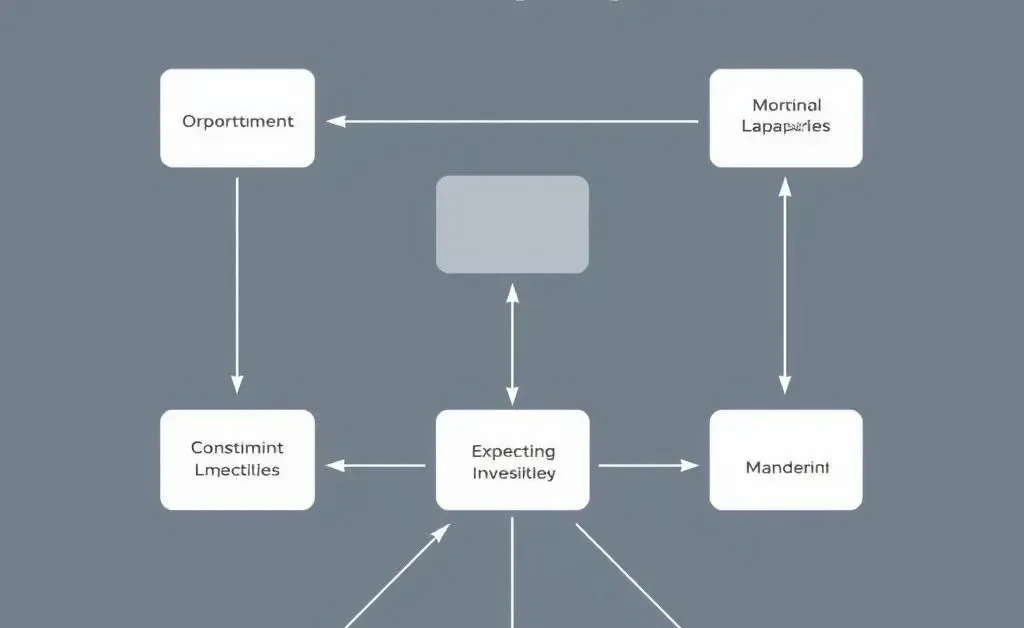Investing Wisely: Lessons from a Financial Misstep
Learn how to avoid financial pitfalls and make informed investment decisions.

We've all been there—making financial choices that might not have been the best in hindsight. Let's talk about a situation that caught my attention recently, one that involves putting all your life savings into a single financial entity without a second glance. It’s a bold move, but is it a wise one?
Why Diversification is Key
Diversification is a popular buzzword in the world of finance, but what does it really mean? At its core, diversification is about spreading your investments across various financial instruments, industries, and other categories to minimize risks. Imagine placing all your bets on a single number in a roulette game—that’s kind of what it’s like when you invest all your money in one place. A well-diversified portfolio is like having a balanced diet; it keeps your financial health in check.

Research, Research, Research
Before diving headfirst into any investment opportunity, it's crucial to conduct thorough research. Understand the company or fund you’re putting your money into. Look for unbiased reviews, performance history, and the credibility of the leaders steering the ship. The more information you have, the better prepared you’ll be. Remember, there's no such thing as too much research when it comes to your hard-earned money.

The Role of an Emergency Fund
If there's one rule of thumb in personal finance, it’s the importance of having an emergency fund. This stash of cash is your financial safety net for unexpected life hiccups. Before considering any investment, make sure you’ve padded your emergency fund sufficiently. It’s like putting on your seatbelt before hitting the road.
Understanding Different Investment Options
From stocks and bonds to mutual funds and ETFs, the world of investments offers a buffet of options. Each comes with its own set of risks, rewards, and timelines. Weigh the pros and cons of each to understand what aligns best with your financial goals and risk tolerance.

What’s Your Financial Goal?
Before making any investment, ask yourself what you aim to achieve. Are you saving for retirement, a home, or your children’s education? Clear financial goals will guide your investment strategy and help you choose the right mix of investments.
Conclusion
Navigating personal finance can be tricky, but with the right mindset and preparation, you can make smarter, more informed decisions. Have you had any interesting financial journeys of your own? Share your experiences and lessons in the comments below.




